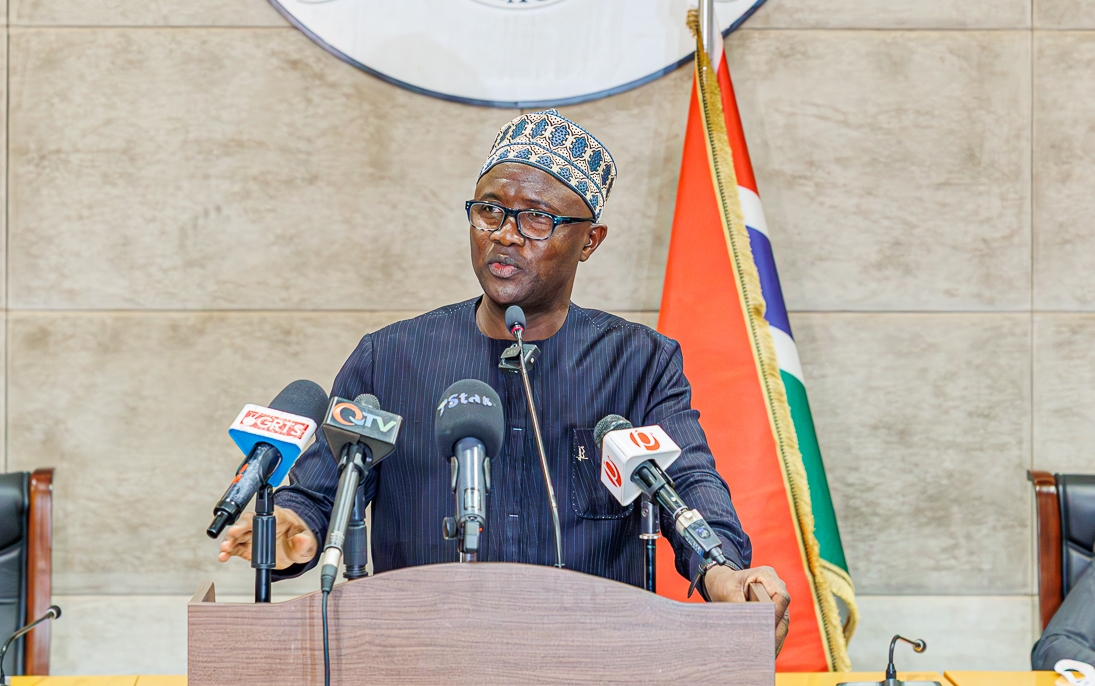Gambiaj.com – (Banjul, The Gambia) – The Ministry of Communications and Digital Economy has inaugurated the National Digital Addressing Steering Committee (NDASC), a move officials say will anchor The Gambia’s transition toward a modern, technology-driven economy.
Unveiled by Communications and Digital Economy Minister Hon. Lamin Jabbi, the committee is tasked with guiding the implementation of the National Digital Addressing Policy 2023, which seeks to create a unified and modern digital addressing system nationwide.
According to Minister Jabbi, the initiative is not merely a technology upgrade but “a pillar of national development” that will support governance, social inclusion, and economic competitiveness. The system is expected to transform sectors ranging from e-commerce and postal delivery to urban planning, land management, emergency response, taxation, and service delivery.
Shaping Policy for a Digital Future
The NDASC will play a central role in influencing how digital addressing feeds into broader national policy. By serving as the advisory and oversight body, the committee will coordinate with government ministries, local councils, the private sector, academia, and civil society to ensure the framework is inclusive and aligned with international best practices.
Its responsibilities include overseeing the rollout of the National Digital Addressing Plan, validating and managing geographic data, and leading national awareness campaigns to prepare citizens for the system’s adoption.
Importantly, the committee will also push for policy integration across sectors such as telecommunications, land administration, postal services, and logistics, ensuring interoperability and sustainability.
Driving the Digital Economy
Analysts say the NDASC’s work could unlock significant opportunities in the digital economy. By providing reliable addressing, businesses will gain greater access to online marketplaces, logistics firms will improve delivery efficiency, and local governments will enhance revenue collection and service delivery.
For policymakers, the system offers a reliable data backbone to support evidence-based decision-making and smarter governance.
Minister Jabbi urged the committee to take a forward-looking approach: “This must go beyond bureaucratic routines. It should deliver real, transformative solutions that impact the daily lives of citizens,” he said, stressing that digital addressing would form the foundation of digital governance in The Gambia.
The Gambia’s initiative places it among a growing list of African countries investing in digital infrastructure modernization as a catalyst for economic growth and development.
By linking digital addressing to wider national policy, the NDASC is positioned to shape not just how Gambians navigate their communities, but also how the country competes in an increasingly digital global economy.










